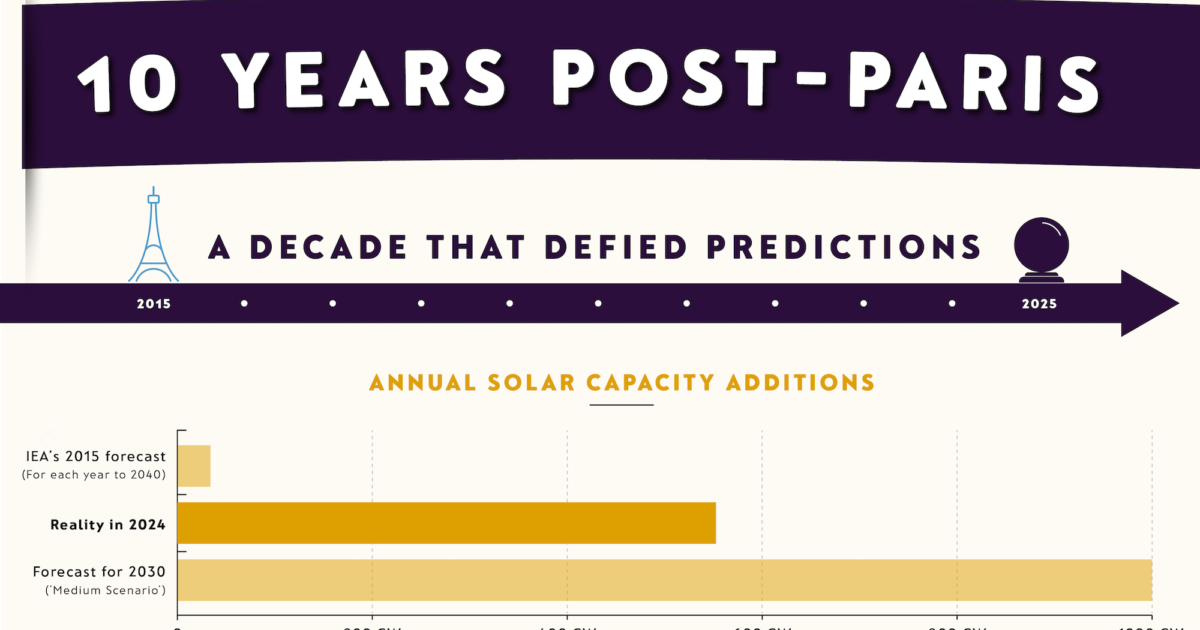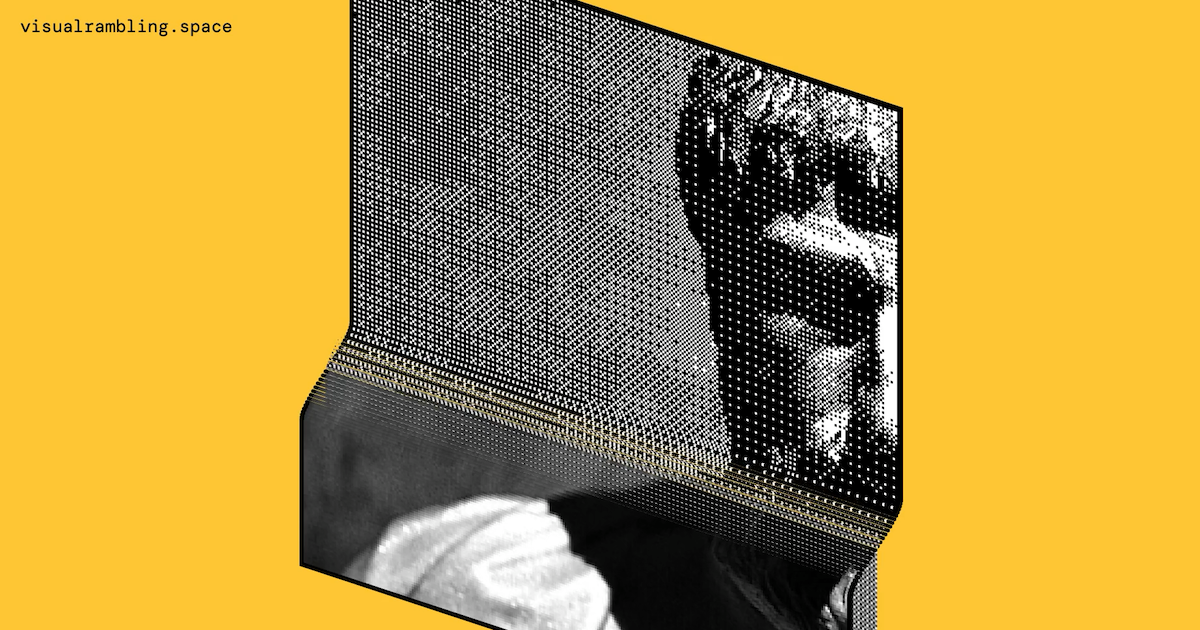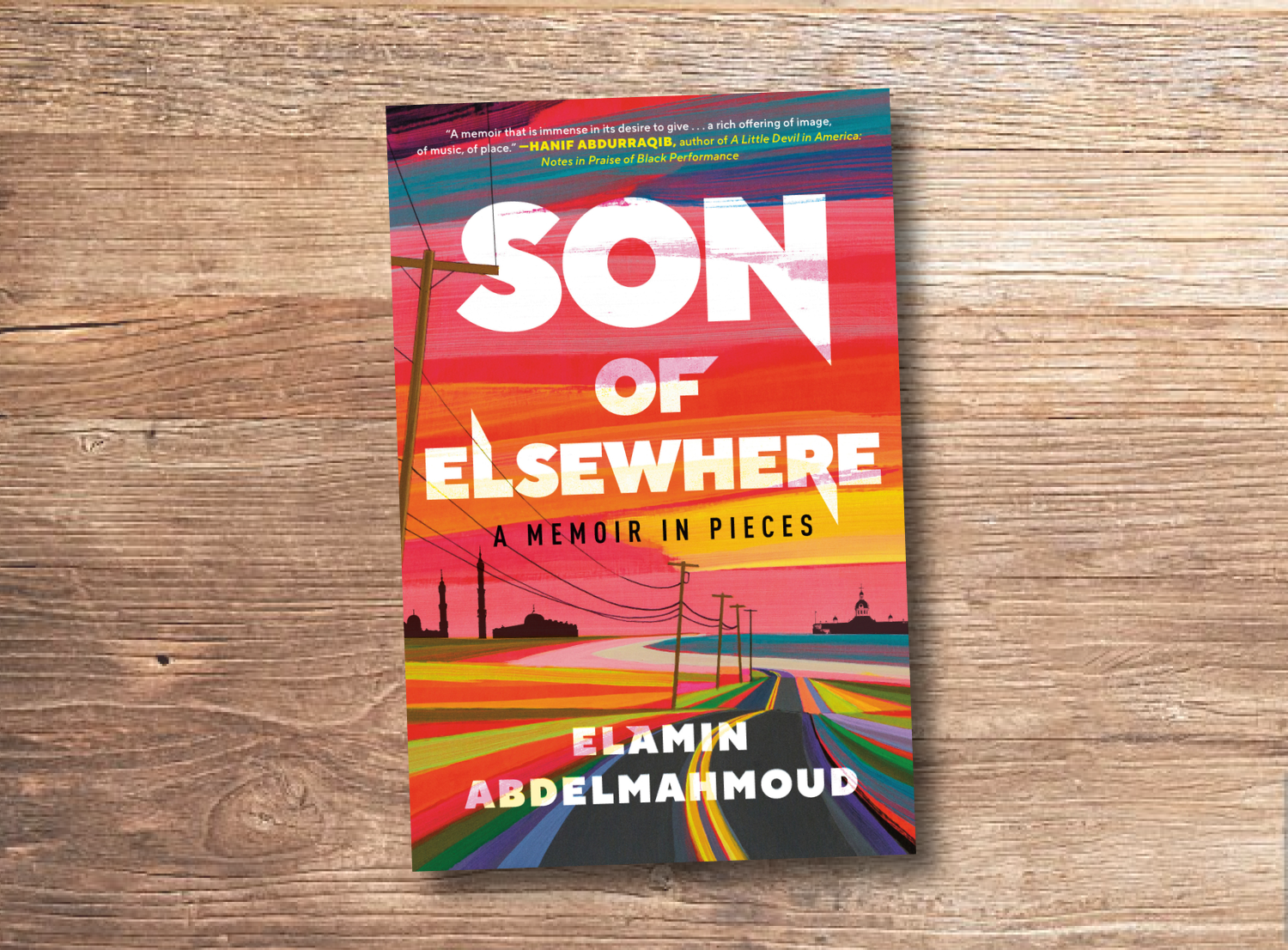Different Language, Different AI?
Plus: the story of arguably one of the most recognisable sound designs of our time (#549)
This is David, your decidedly human web crawler, and you're reading the Weekly Filet, the newsletter for curious minds who love when something makes them go «Huh, I never thought of it this way!». As every Friday, I'm here to help you make sense of what’s happening, and imagine what could be. It's great to have you.
1. Do AIs think differently in different languages?
Humans grow up within a framework of values, shaped by society, family, personal interactions. Where and how you grow up primes how you see the world. Large language models don't have that; they are trained on text only. But then, this interesting experiment explores, isn't it plausible that the language in which we interact with them «profoundly shapes the values and priorities they express»?

2. 10 Years Post-Paris: A decade that defied predictions
It's almost ten years since all the world's nations signed the Paris Agreement and committed to limit global warming to 1.5 degrees. In the coming days and weeks, you'll hear a lot about broken promises, how we're nowhere near this target, and instead on a dangerous path towards destruction and suffering. And rightly so. We can't stress enough that we're not doing enough. Still, hope comes from also seeing what is going well. This report focuses on areas where the past 10 years smashed expectations.

3. The Culture Wars Came for Wikipedia. Jimmy Wales Is Staying the Course.
Elon Musk's latest grok-thesque move: create a copy of Wikipedia and then have his AI edit it to reflect his increasingly extremist worldviews. Rather than hurt your eyes rolling them too hard, spend your time listening to Wikipedia founder Jimmy Wales. «We'll still be around in 100 years. He won't.» he says about Musk. The interview, however, is less about Musk and more about how Wales understands Wikipedia's role in a polarised information ecosystem. The internet needs more Wales, less Musk. Or, to quote the wonderful Billie Eilish: «If you're a billionaire, why are you a billionaire? No hate, but give your money away, shorties.»
4. Dithering
A great visual explainer on how computers can trick us to see more colours than there actually are on the screen. The effect is called dithering, and what it does is replicate shades with fewer colours, which are strategically placed to maintain the original look. Sounds boring? Tap the link to be proven otherwise.

5. Boom Bling: TikTok's sonic guerrilla marketing
Always great to see two of my favourite podcasts work together. Planet Money and Twenty Thousand Hertz tell the story of arguably one of the most recognisable sound designs of our time: TikTok's sonic logo that works as a Trojan horse whenever its videos are shared on other platforms.


What else?
Instant-gratification links that make you go wow! or aha! the moment you click.
- The 2025 Comedy Wildlife Awards
- Doing the hard work so we don't have to: «I went to all the bakeries in Zürich to find the best croissant.»
- Lego ads never disappoint: For every size of imagination.
- A study found a way how the protein hype can help the climate.
- If you like nerdy cartoons, this one will keep you busy for a couple of joyful minutes.

Books for curious minds
Some new ones as I read them, some older ones that continue to inform how I look at the world and myself.

A wonderful memoir. A collection of essays on living between worlds and finding one’s place, both thought-provoking and witty. Buy it here.

A gem from the archive

The Weekly Filet archive offers more than 2500 hand-picked links since 2011, like this one. You can search by interests, explore collections or shuffle for a gem.
That's it for this week. Thanks for reading. I wish you a nice weekend and hope to see you again next Friday!
— David

Little useful apps from me, for you
📊 Dataguessr, a playful way to update your knowledge of the world. 🌍 You Don't Know Africa, a simple game that has already humbled millions of people. 💯 Choose Impact, an online tool to compare job opportunities. 🧭 Priority Compass, a tool for individuals, teams and organisations to focus your energy on what really matters. 🪄 How I Use AI, a collection of use cases, ready to use and adapt. 💬 Climate Questions, a playful conversation starter. And ⏱️ One Minute Challenge, a little meaningful distraction to refocus.
More ways to learn and take inspiration from
Check my 📚 digital bookshelf, with sections of 🌡️ books that help you make sense of the climate crisis, ⛵ books that make you a better product manager, 🪄 books that help you make sense of AI, and 🧒 books that help you as a parent. And from collecting the best links on the web for close to 15 years, my thematic collections: The Art of Thinking (Differently), The Stuff Our Modern World Runs On, Bingeworthy Podcasts, and more.






